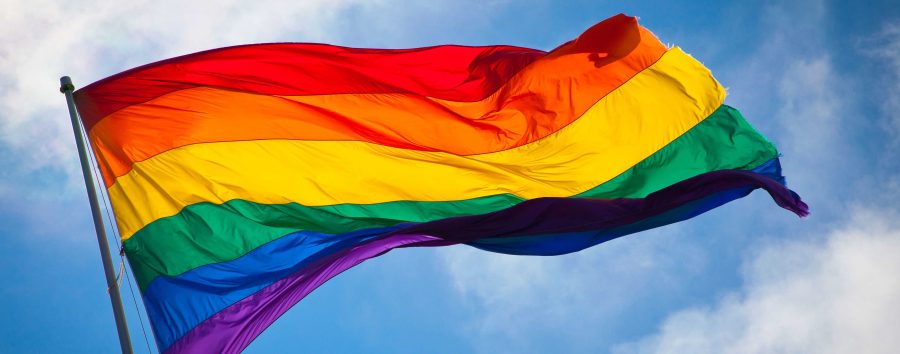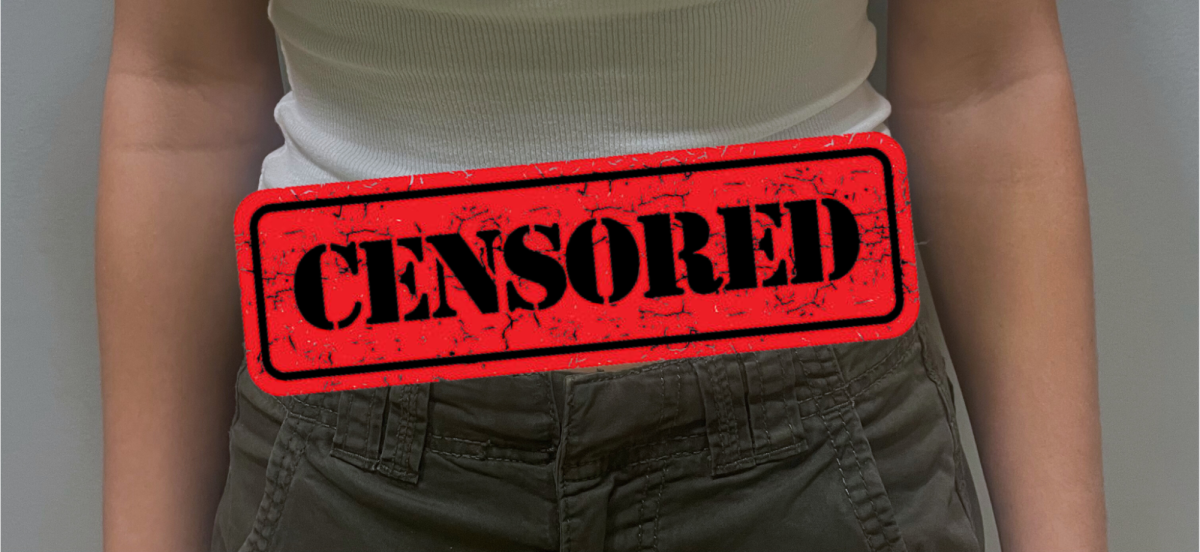Slider image courtesy of Wikimedia.
On Feb. 23-26 2019, The United Methodist Church voted by only a 53 percent majority to strengthen the ban on gay marriage and the clergy. Now, gay people cannot hold clergy positions, and the church encourages that they find another denomination. This has sparked outrage in multiple communities across the country. Many have started to question whether or not religious houses of worship have the right to exclude members from their practice due to sexual orientation.
At the General Conference in St. Louis, Methodists delegates from around the world gathered to vote on regulations and resolutions relating to the church. The conference only happens every four years. At this year’s conference back in February, the church voted on what its stance would be toward homosexual members and clergy. The ending vote was 438-384. The church will now enforce the Traditional Plan, that will uphold the previous “rules” on homosexuality along with other unrelated regulations.

Methodists follow the Book of Discipline, which states the laws and teachings of the United Methodists Church. It says all people have sacred worth. However, the book denounces the practice of homosexuality and says it is incompatible with Christian teaching. This itself is a paradox because the book says to love everyone but also homosexuality is sin.
However, the new legislation brings up a legitimate question. Do churches have the right to “ban” gay people from being pastors or from their congregation? Legally, church and state cannot be intertwined, so is this ban a violation of the Constitution?
Even if this new legislation does not violate the Constitution, that does not mean that it is unfair. No one should have the right to exclude a group of people from any religion due to their lifestyle.
Nina Baran, a sophomore at Hyman Brand Hebrew Academy (HBHA), says that, “[she] doesn’t think that any religion teaches hate or intolerance, and in fact teaches just the opposite.”
Baran says that “religion is supposed to be about love, respect and community. And leaving out LGBTQ people completely goes against that.”

The club meets Tuesdays during lunch to discuss issues like this and works to make HBHA a welcoming environment for all sexualities. The club is confidential, so all members attend anonymously, and only the students who participate in the club know who else attends.
Baran explains that “the club is working to create a more welcoming environment for LGBTQ people and allies in the Jewish community. It shouldn’t matter your sexual orientation or gender identity. Religion is about being the best possible version of ourselves and helping others. Hate should have no place in religion.”
Adam Hamilton, the head pastor at the United Church of the Resurrection located at five different campuses throughout the Kansas City Metropolitan Area, said in a statement for KCTV5 that “[he is] deeply disappointed. The decision of this body is hurtful to gay and lesbian people and their families.”
Hamilton says that “What we do know is that Church of the Resurrection will continue to be a church that welcomes all – regardless of sexual orientation. We may not all agree on everything, but we agree that we love and welcome all people.”
Someone’s sexual orientation should not interfere with their faith. People should be able to pray wherever they want and be able to love whomever they want. Society may never come to an official agreement over moral law, but it should not discriminate against those who are different. The golden rule is applicable throughout life.















































































